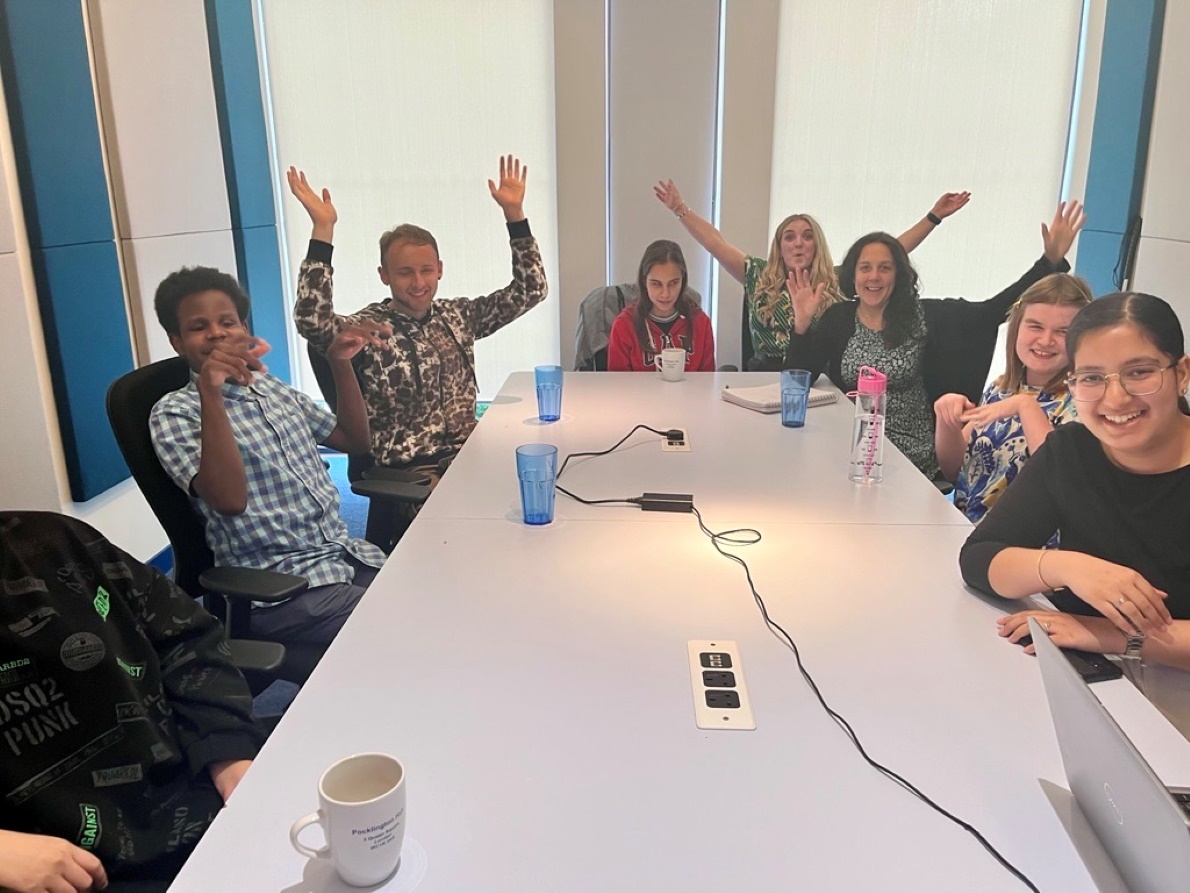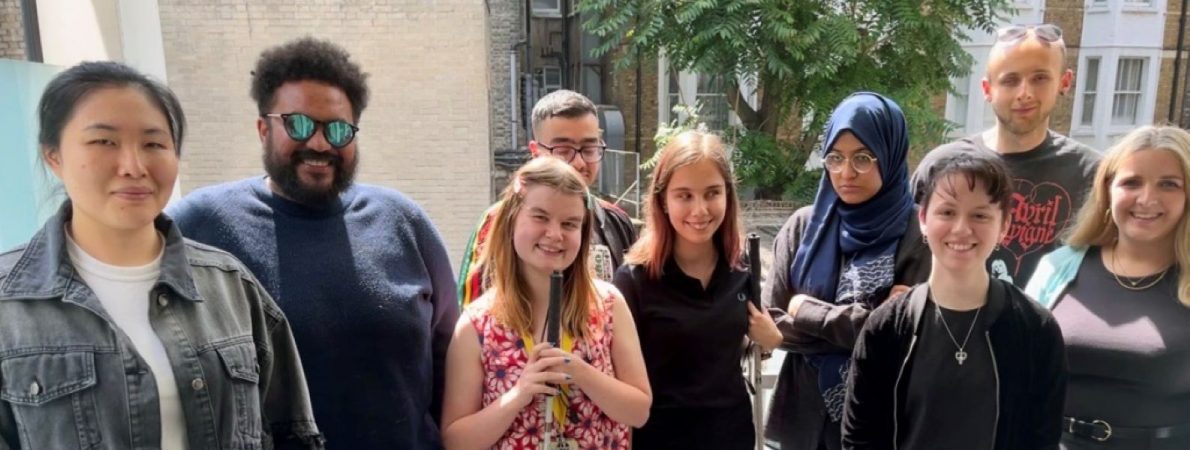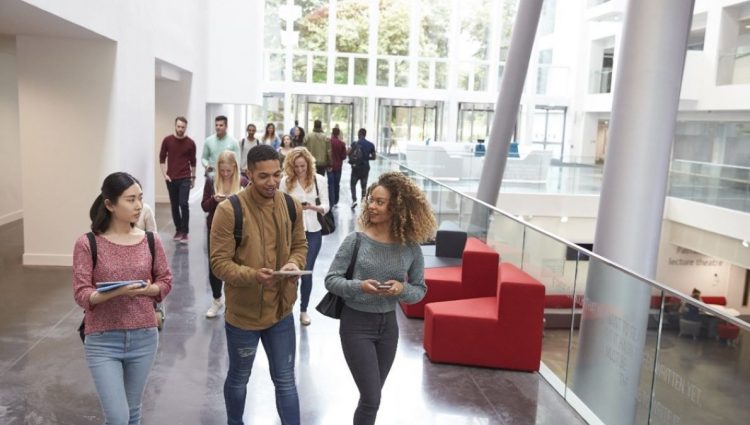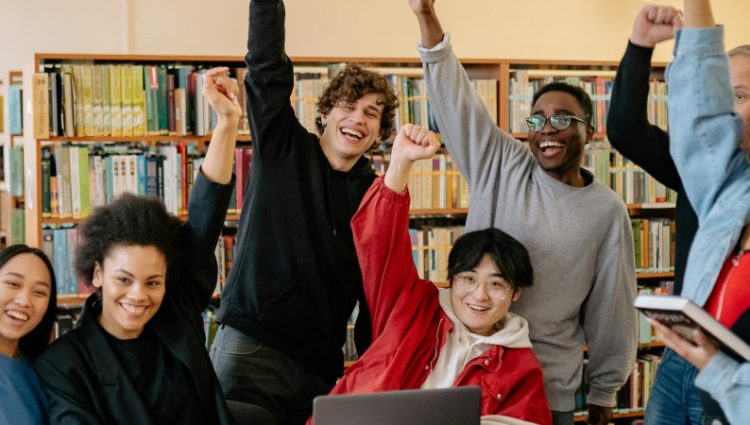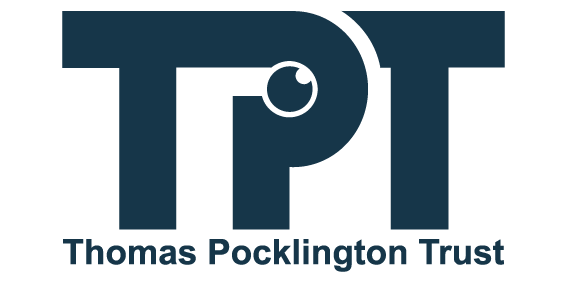CFVI Champions Blog by Aleks
Greetings, my all!
I’m Aleks – a recent university graduate and an award-winning volunteer with Thomas Pocklington Trust. A few years ago, I lost most of my sight. Back then, I never imagined I could graduate, write articles, work with big brands, or speak at the House of Commons. I genuinely thought I was destined for nothingness, all because of my VI.
But what changed that mindset? What helped me turn things around? The answer is Area 9 of the CFVI. It transformed not only my life but the lives of many other VI young people. In this piece, I want to highlight just how vital Area 9 – Health – truly is.

So, what is the CFVI – and what exactly is Area 9?
CFVI stands for Curriculum Framework for Children and Young People with Vision Impairment. It outlines 11 key areas where blind and partially sighted young people should receive support.
Area 9 focuses on mental, emotional, social, and physical wellbeing – all through tailored support and teaching. This includes developing life-essential skills such as VI-acceptance, independence, communication, and self-advocacy via both professionals and peer-to-peer support.
Sounds great on paper, right? Or maybe too good to be true? Well, when Area 9 is done right – it can feel like a small miracle.
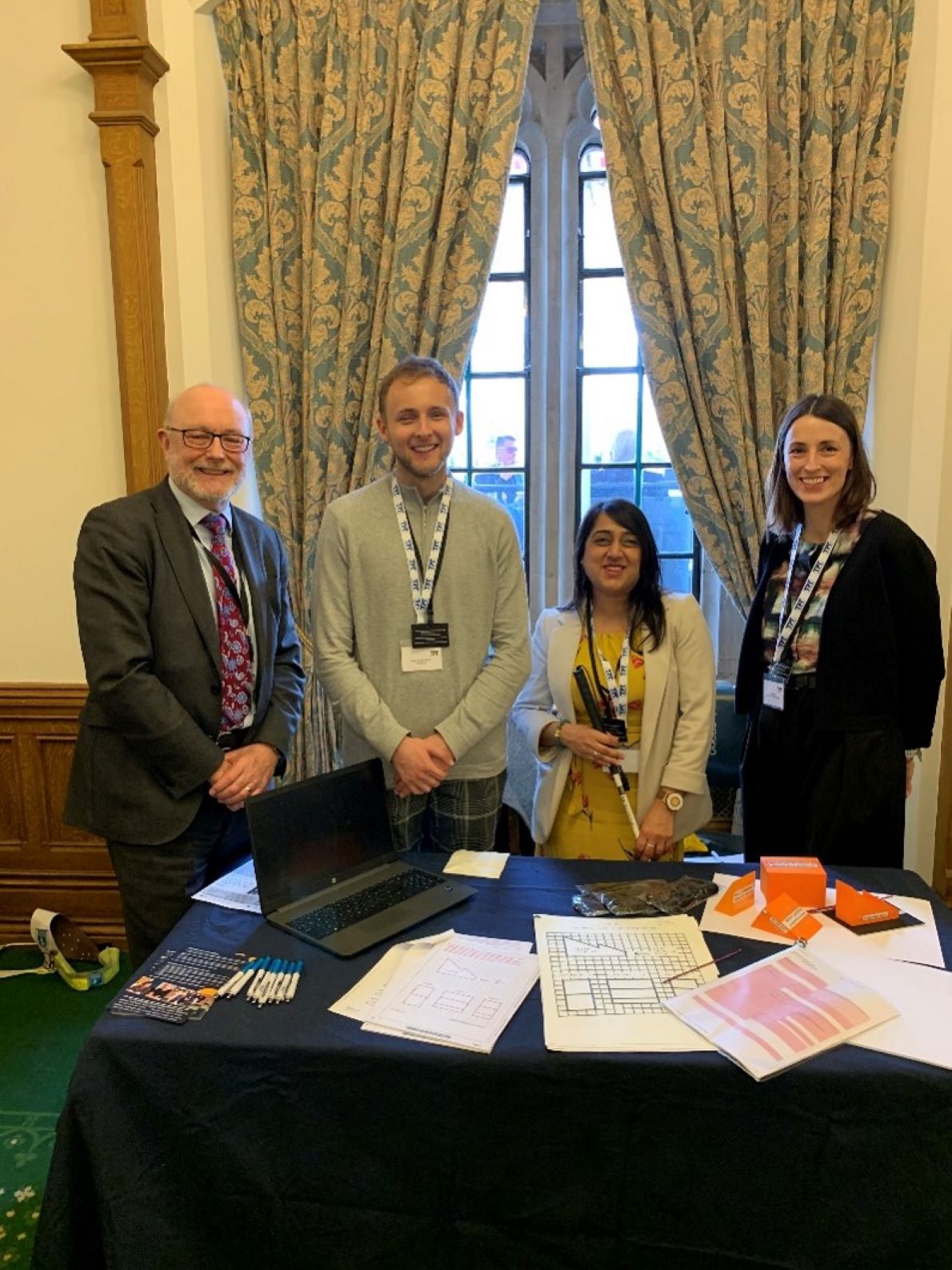
My journey into VI
Up until I was 17, I had average sight. I could spot the bus numbers, navigate freely, read small print (even lawyers’ favourite fine print). But then my vision began to rapidly decline. One day I was squinting at my textbooks, the next I couldn’t see the lines on my paper – then I couldn’t even find the door.
I was living and attending school in Lithuania at that time. There was nothing like the CFVI. Support for students with disabilities was minimal. In my school, we had one social worker who mostly browsed online retailers for dresses. Poor ethics and poor fashion taste, if you ask me.
Unsurprisingly, I had to drop out. With no support, my dreams of higher education and a successful career were crushed. I felt useless, like a burden, and incredibly isolated – especially as many people distanced themselves due to discomfort around my VI. Then came a glimmer of hope. My relatives in the UK suggested I finish my studies here. I jumped on that chance like it was the last train before the station shut for good.
Discovering Area 9
Getting proper support in the UK wasn’t immediate – legal barriers made it difficult at first. But once support came, it was nothing short of transformative.
The college I attended had a brilliant VI specialist who fully implemented Area 9. I received regular rehab sessions where I learned how to use a long cane and – finally – stop walking into every lamppost. These sessions encouraged independence and slowly began shifting how I saw my VI… and myself.
After a few deep chats, my VI specialist gently suggested counselling. Initially, I hesitated, but eventually gave it a go – and it helped. It chipped away at the shame and opened up a deeper understanding of my inner strengths. On top of that, I was given advocacy advice rooted in real-life experiences – not just theory. This helped me become more assertive and confidently express my needs.
Crucially, the specialist also connected me to various VI charities. This opened the door to workshops, peer support and projects where I could actually make an impact. It showed me I wasn’t alone. Meeting other positive VI role models gave me hope and helped me learn that if you bump into a lamppost… you laugh it off and keep walking.
So, how can institutions make Area 9 work?
While I was lucky to have an amazing college and specialist, I know that’s not everyone’s experience. Here’s what can help institutions when dealing with VI:
- Get curious.
Schools and colleges should actively seek out local and national VI services. Many charities are more than willing to help and share their expertise.
- Build trust.
Health is personal – and many VI students may not feel comfortable opening up. Treat them as individuals, not “difficult cases.” This is absolutely not “one size fits all” philosophy. Empathy and kindness go a long way.
- Don’t push – encourage.
Topics like acceptance, confidence, and independence are delicate like the M&S Cheshire Cheese. They can’t be forced. The support must be person-centred, gradual, and responsive. Rome wasn’t built in a day – neither is self-belief.
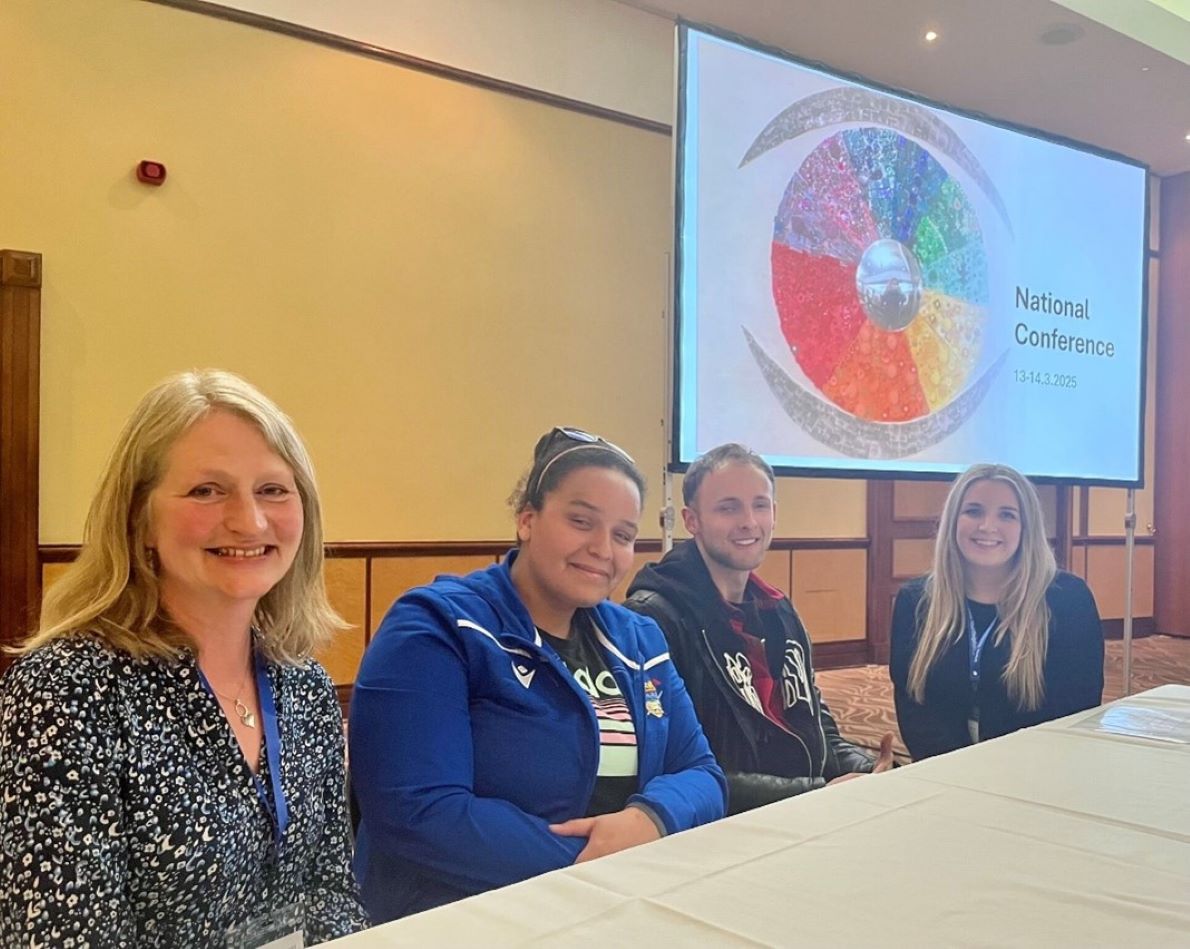
Final thoughts
Area 9 may seem the trickiest part of the CFVI – but I believe it’s the most important. Childhood and young adulthood are critical times. Strategic support that nurtures empowerment can break through any barrier. Without Area 9, I wouldn’t have made it through education. Even a slightly inaccessible textbook would have been enough to derail me. But thanks to its impact, I found resilience – and that’s the true magic of this area: it gives VI young people the tools to believe they can.
So here’s to more well-delivered Area 9s – and fewer bumped lamp posts!
